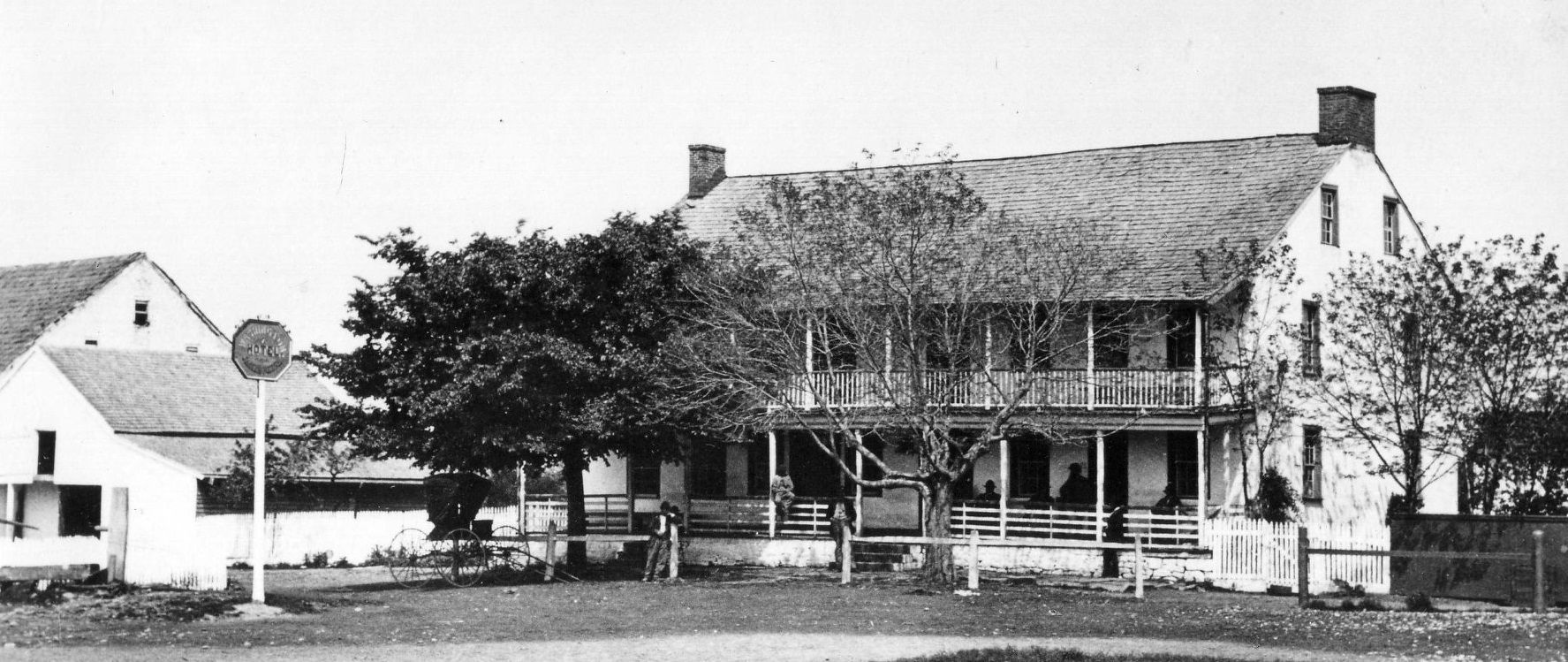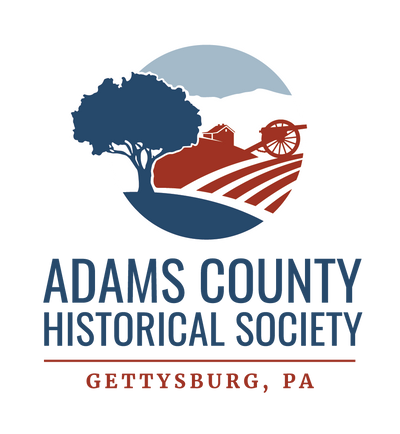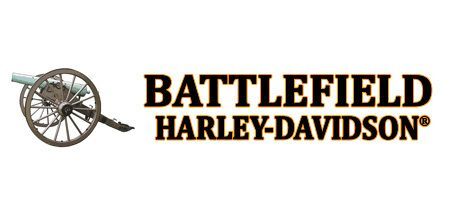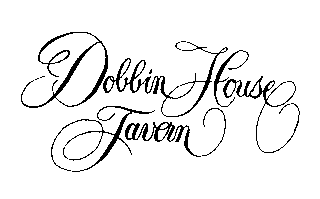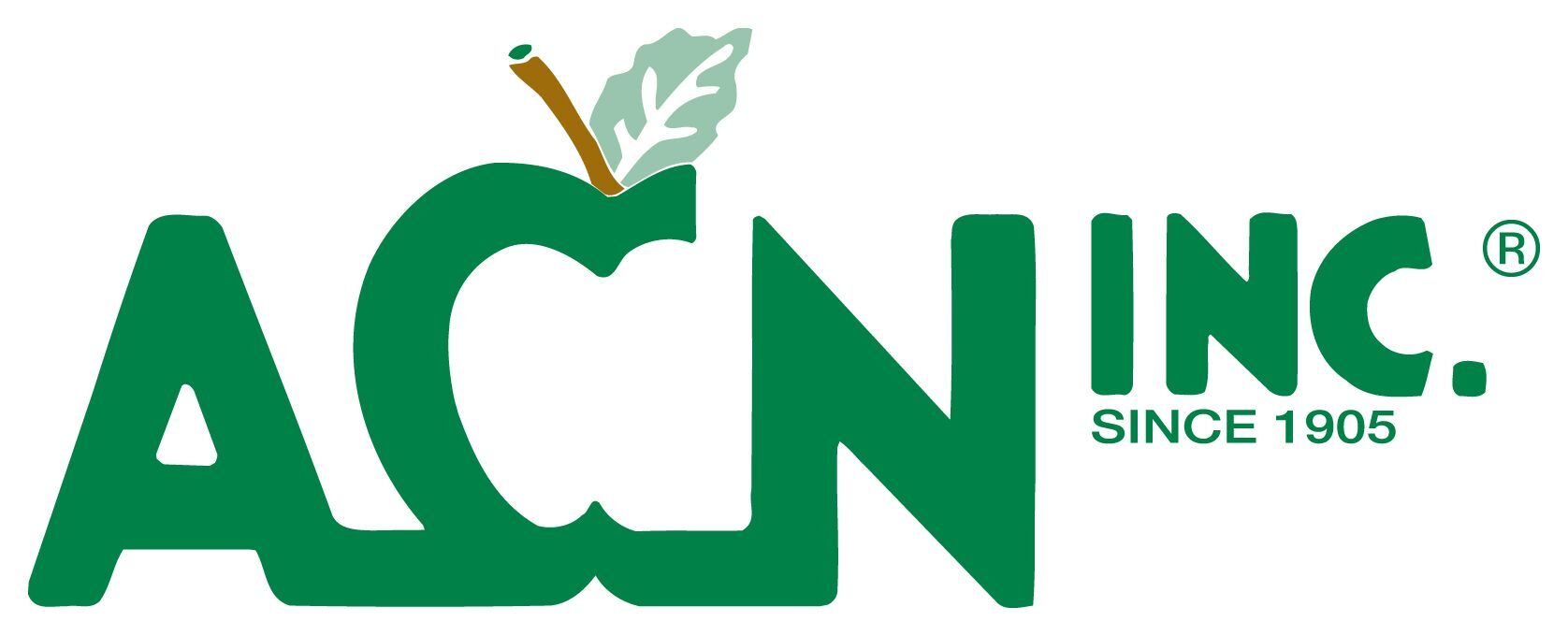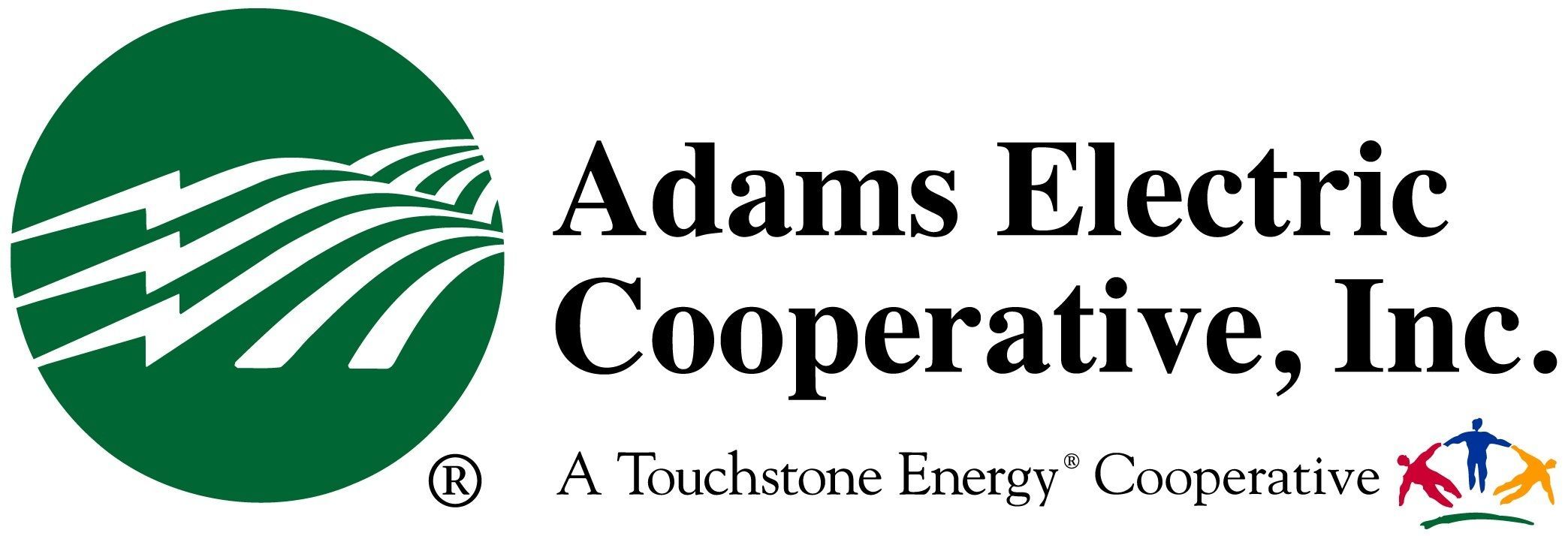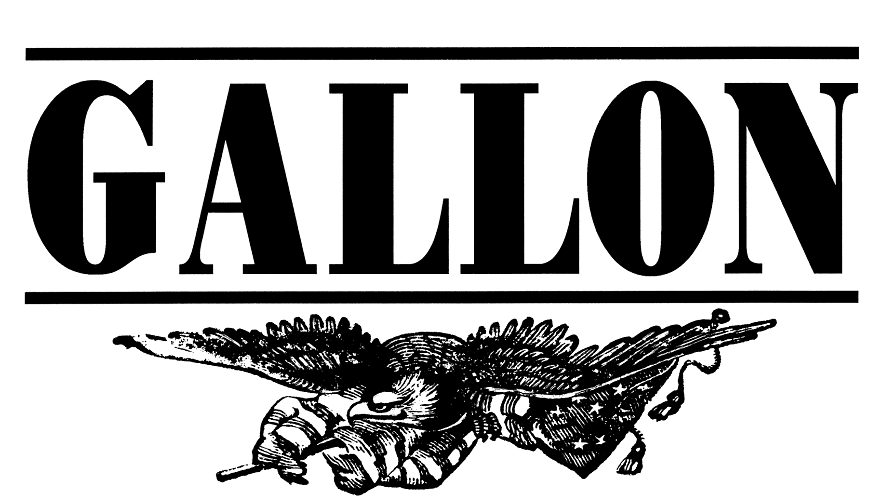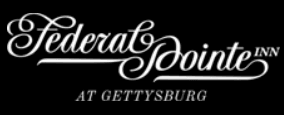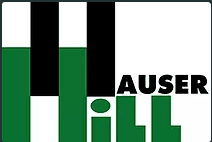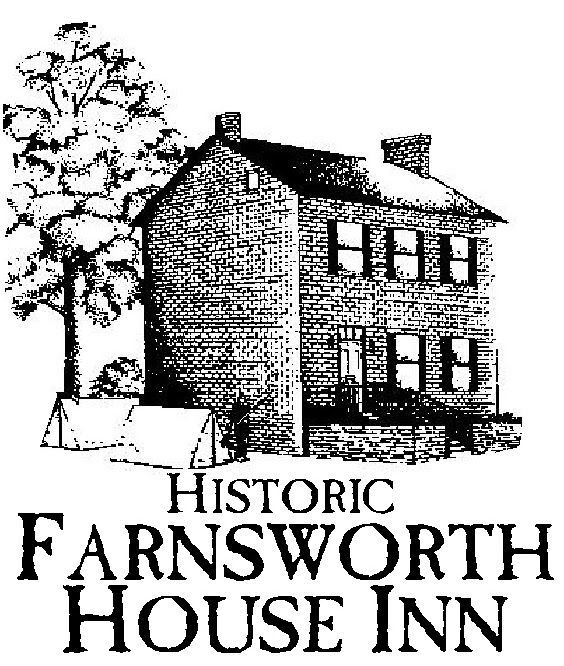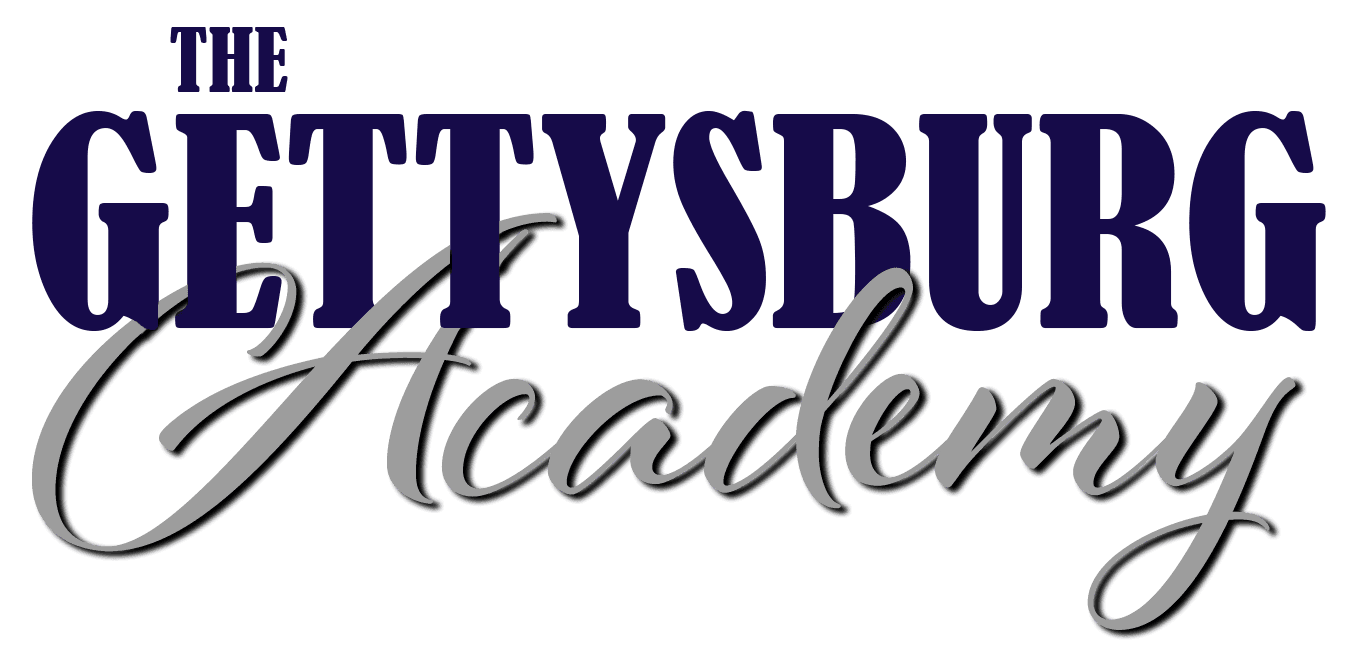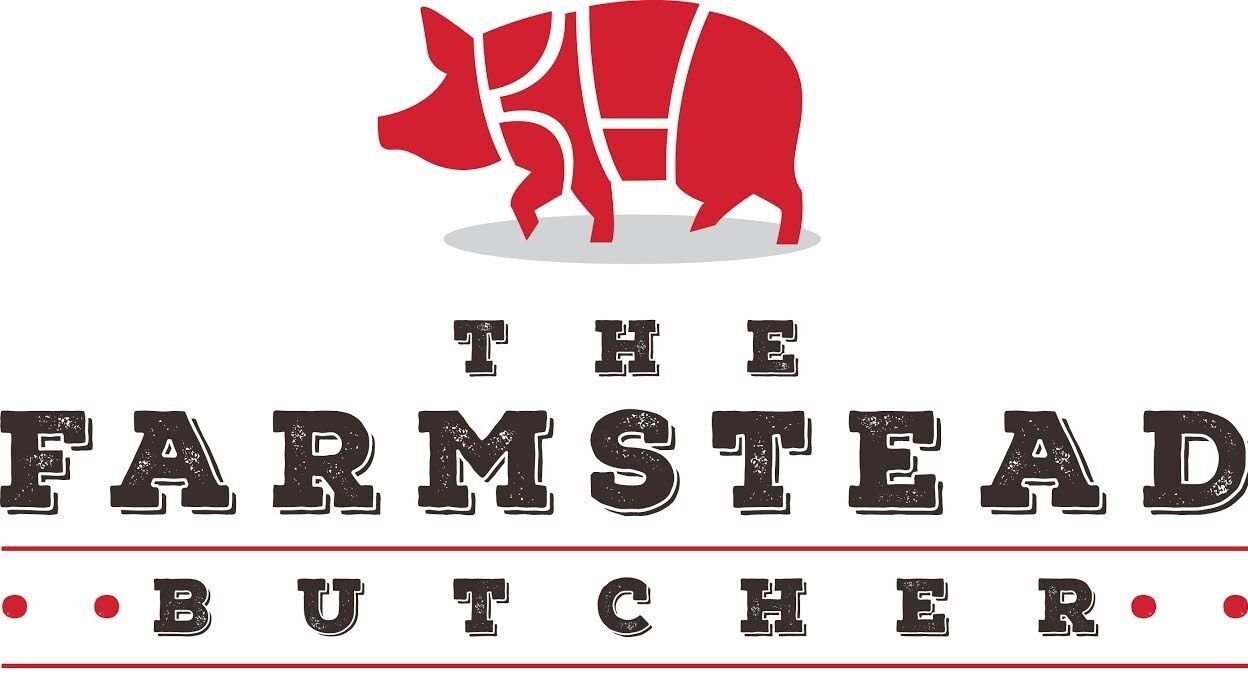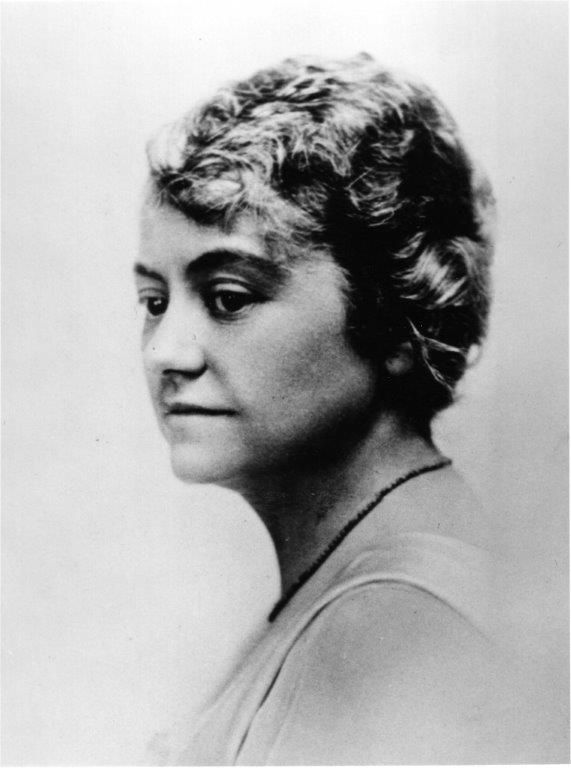
Suddenly at a change of light Shambaugh stood still. He had forgotten that the moon advanced with him and that its motion and his ascending route would soon put the mountain between them. He glanced round quickly, before the last gleam of light disappeared, and pressing into a thick growth which he sighted, sat down to wait until dawn, which could not be far away.
The sun rose soon after five, and it must be at least four. He intended to keep watch, but he was very tired and he lay down, propping his head on his hand. In an instant sleep overcame him.
Waking with a start he again sprang up quickly. The sun had roused him and he would be on his way at once. Then he grew pale. The sun was not shining from the horizon with a level gleam; it was already four or five hours high. It looked into his hiding place but for an instant and then vanished, as from Jim King’s cabin a monstrous glaring eye had seemed to open, then to close. Muttering angrily, Shambaugh stepped out from the thicket and looked about.
Before him lay the bright plain, but it was not until he had studied for a long moment that he orientated himself. He had somehow taken a wrong turn, and instead of being on the lower slope of Piney Mountain, he was on the slope of Big Hill, at least three miles farther from his destination than he expected, and with Big Hill and the Buchanan Valley between. He was suddenly frightened; it was important for his safety that he reach Jim King’s cabin early in the day and get his promise. Down at Gettysburg there were members of the constabulary who traveled on motorcycles with the speed of demons. If the guards suspected him it would not take them long to get into the hills. He turned at once and went up the steep slope. His hunger had sharpened, and he gathered a handful of young wintergreen leaves, and, chewing them, he went on. The sun seemed to go with him, mocking him. When, dropping down on the other side, he passed for a while out of its sight he felt a sharp relief.
In Buchanan Valley, which was cultivated, and where he was afraid to let himself be seen, the sun spied him again, and on the steep slope of Piney Mountain seemed to scorch his body. Here the woodland had been burned, and he had helped to destroy what might have been a shield between him and the light and heat. The hillside was rough, and at times dangerous as a loose stone turned under his increasingly uncertain tread. Huckleberry and laurel bushes and other low shrubs were showing tiny green buds; but the general aspect of the mountain wall was gray, except for the yellowish green of a sprinkling of poor pines. It suddenly seemed possible that he might fall exhausted and be unable to rise, and a terror of death weakened him further. The sun seemed now to laugh at him. It was just above his head as he crossed the narrow plateau at the summit of the mountain and descended on the other side. From here there was an extended view backward into Buchanan Valley, and forward into the narrow green valley of the Conococheague. But Shambaugh did not stop; he had now but one thought – to escape the sun.
For another hour the sun would not be escaped. It shone full upon him as he plunged down the hill; it watched him fall and rise; it watched him pluck new supplies of wintergreen; it watched him press his hands to the aching emptiness within him. At last , at almost five o’clock it let him go. He slipped into the thick growth of the valley with fierce delight, as into a cool bath. Before him, and between him and King’s cabin, there were shade and a smoother path.
There was another benison. A road ran along the Conococheague and on this picnic parties sometimes penetrated a little way. He saw a box tossed by the roadside, and, stooping for it, fell upon it literally and figuratively. It contained bread and meat and hard-boiled eggs. He heard the sound of a car and crept into a thicket; then, rising a new man, he observed the landscape and took counsel with himself.
A short distance to his left he could see the gleaming water of the little dam; before him, and a half mile away up the steep slope of Wildcat Hill, was Jim King’s cabin. His business with Jim would not take long; in less than an hour he would stand here again on his way home. He thought of Philena with contempt which was for once fairly good-natured. She would be hungry, and before he gave her food he would taunt her with her nonsense about the eye of God and would hint at a crime he had committed. Safe here in his own place, he forgot that he was on his way to ask King to swear to an alibi, and he walked on slowly, looking up now and then with a grin. The sun had gone; it was nearing its setting far beneath the next hill and it could not shine upon him any more today. It was not a free creature as he was; it was a captive led on a chain. In his triumph he even addressed it.
“You’re gone,” he said. “You can’t come back.”
He approached King’s cabin whistling, but suddenly he ceased. It was not fear that silenced him; he remembered the day of his last visit here and his journey to Chambersburg. The desire for revenge was not satisfied; his hatred for Chambersburg was of longer standing than his hatred for Gettysburg, and he still wished to see it destroyed. A passion of hatred racked him and he stood still, his teeth bared like a wolf’s.
Increasing darkness warned him to go on, and he proceeded straight ahead, separating the low branches of trees with his hands. He was tempted to call King and warn him of his coming, but it would be better to be wary. He thrust out his arms and parted the close-grown branches of the hemlocks and stepped into the little clearing, upon which a fairly bright light shone from the eastern sky. The clearing was empty, the door of the cabin stood open. He reached the doorstone in three long strides.
“Jim!” he said sharply.
He saw Jim lying on his bed.
“Jim!” he said again.
He stood for a moment hesitating, and then he entered. He looked down at Jim and swore softly; then, seeing a half-empty bottle on the table beside the bed, he seized it and carried it to the door. He sniffed it and lifted it to his lips and the strong liquor ran burning down his throat, making him choke, accustomed to strong liquor as he was. Slightly dizzy, he sank to the doorstep, holding the bottle in both hands. It still contained a tablespoonful; when the conduits of his throat were empty he would swallow this also.
The liquor went to his head almost directly and his spirits rose. He was Jacob Shambaugh, of whom people were afraid; he had the strongest arm, the surest aim on the mountain. He looked back into the cabin. What a poor and harmless thing lay within there! The only thing to do with it was to bury it, or better still to burn it up. He felt in his pocket for a match; but found none, and rose to his feet. He drank the last of the whisky, and aiming the bottle well sent it crashing against the nearest tree at exactly the point he meant to strike.
He looked up at the small space of high eastern sky and shook his fist.
“The eye of God – nothing!” he said aloud. “You can’t see me!”
Suddenly, straightening his shoulders, he stood with arms akimbo. It was as though by his defiance he had opened the door of his heart for the devil himself to enter in. His mind was queerly confused. He believed crazily that he had destroyed Gettysburg, and now he conceived a plan, as smart as it was fiendish, for the punishment of Chambersburg. Within on the low bed lay a dreadful thing; in the woods only a few yards away was a spring, one of the sources of a stream which flowed into the Conococheague. He would punish Chambersburg, which had flouted him; he would have an amusing revenge upon the nurse who went about thrusting her foolish and impertinent instructions upon the mountain people. If what she said was true, then let her look out.
He turned and entered the cabin and reappeared, in his arms a bundle of what looked like bedclothing. Poor Jim was light. Shifting the burden a little, he looked up at the eastern sky.
“You can’t wink at me now,” he said. “Can you?” In his pride he shouted it – “You can’t, can you?”
Then suddenly he stood aghast. Like a great eye the sun could and did shine upon him. For hours he had believed it traveling to the west; he had grown more and more secure; but all that time it had been coming back to seek him out.
While he stared the great eye shut, and he believed it gone, and thought he had been dreaming, and clutched his burden firmly, but it opened again, and again dazzled him and closed, and he let his burden slip from one arm. It opened a third time and the clasp of his other arm loosened. The bundle fell heavily on the step and a poor stiff hand protruded. Leaning slowly back against the door frame, he hid his face, a great confusion of terror in his mind. He seemed to see Philena and to call to her to help him, but she only cried out shrilly, “The eye of God will see you! The eye of God will see you!” He separated his fingers to be sure that the eye was gone, and it shone upon him again, more brightly than before. He was not deluded; the eye was not the creation of fear; it was real. It pierced his eyeballs and his brain and his heart and his vitals, and plunging forward with a scream he lay as motionless as Jim. The eye opened again and shone steadily into the clearing and closed finally, and the clearing, which was a double grave, was almost as dark as though it had been filled with earth.
Philena lay on her bed. Jacob had left on Wednesday morning at five o’clock, and it was now Thursday evening at about eight. She had had no food since Wednesday evening, and since noon today she had had nothing to drink. Late in the afternoon she had dragged herself to the door and opened it. There was no probability that any human creatures would come within sound of her weak voice, but she must try to call. She had meant on her way back to bed to get a drink from the pail, which had not been filled since yesterday morning, and to transfer the clock and a candle and matches to the chair beside her bed. But she had not been equal to the task, and now she could not move. The clock was her only company; its tick had been her solace through hundreds of weary days and soon it would tick no more.
She had not yet cried out; Jacob, if he heard her, would be furious; but she had decided to begin to cry out when the clock ceased to tick. It was really stupid for her to waste her failing breath, especially as it was not hope that moved her but merely a conviction that it was the right thing to do. She did not fear death, but she believed that it was a Christian’s duty to cling to life. She was so weak that she could no longer worry about Jacob, or speculate whether he was dead or arrested or whether he had abandoned her. She had only one thought – when the clock ceased to tick she would begin to call for help.
As the light faded, the chir[ of the birds would grow louder and she would not be able to make any noise against them.
But they would quiet down about the time the clock stopped. She closed her eyes and in a second was almost asleep.
Then she opened them wide and lifted herself with a great effort on her elbow.
Silence had startled her awake; the clock had stopped and the birds had grown quiet. Closing her eyes as though thus she could make her cry louder, she screamed shrilly and listened a long time, and screamed again and listened. Everything was still. Then the love of life took strong hold on her and gave strength to her lungs, and she screamed again and again, as a whippoorwill might cry. She would scream ten times, she would scream twenty. She succeeded in screaming only eight times, and fell back on her pillow.
She seemed to hear footsteps but she knew them to be an illusion, and she screamed once more. But the footsteps were unmistakable; there were voices and a crashing in the bushes, and then a voice at hand saying loudly, “Is anybody here? What’s the matter?” The faint light of the door was darkened.
“I’m here,” answered Philena faintly. “I’m sick and alone and hungry.”
There was a pause of amazement; then in the flickering light of a match Philena saw a young face on a tall body in khaki.
“There is a candle,” she said.
The young man lit the candle and held it up. He saw Philena pale as death on her bed, and she saw two forest rangers. Each carried slung on his back a leather case, and one slipped his off quickly and laid it on the kitchen table within Philena’s view.
“Hungry?” he said. There’s plenty here. We even have coffee.
The young man saw her hungry smile and opened his case.
“This isn’t lunch,” he explained good-naturedly. “But there’s plenty in that box for seven sick ladies. My box has a heliograph in it. See?” – he held up a shining disk – “a sun mirror. We’ve been up on the fire tower reflecting the sun and signaling clear to the new tower, thirty miles away, and we’re taking a short cut home.
“Oh, yes,” said Philena.
Neither heliograph nor sun mirror meant anything to her, and she forgot even Jacob in the sight of a brown liquid pouring into a cup. The young man had bread in his hand, also, and he came toward her smiling.
